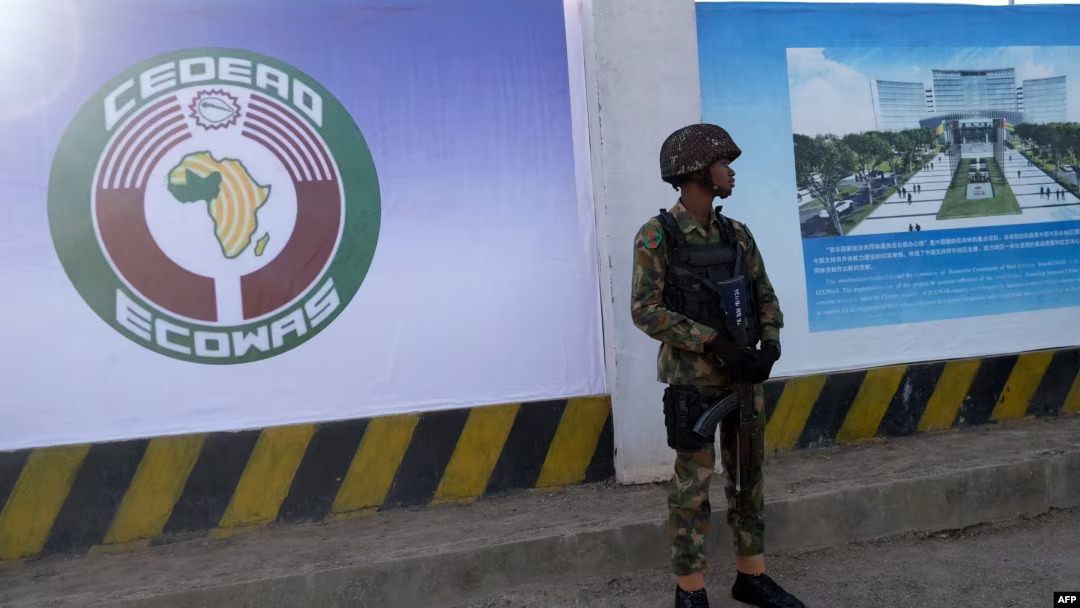In response to the ongoing political turmoil in Niger following a recent coup d’état that deposed President Mohamed Bazoum, the Economic Community of West African States (ECOWAS) has taken a decisive step by authorizing the activation and deployment of its regional standby force.
The decision was made after extensive deliberations and concerns over the deteriorating situation within the country.
The announcement was made by Omar Alieu Touray, President of the Commission of ECOWAS, who stated that the primary objective of deploying the standby force was to “restore constitutional order in the republic of Niger.”
The move comes after weeks of instability and concern regarding the health and safety of President Bazoum, who has been under house arrest since the coup.
The international community, including the United States and the United Nations, has expressed apprehension about the safety and well-being of President Bazoum and his family.
A spokesperson for the US State Department conveyed their deep concern, emphasizing that they were “greatly worried about his health and his personal safety and the personal safety of his family.”
UN Secretary-General Antonio Guterres echoed these concerns, expressing worry about the reportedly “deplorable living conditions” that the ousted President and his family were enduring.
The decision to deploy the standby force follows a deadline set by ECOWAS for the coup leaders to step down. The regional body had given the ruling military junta until Sunday to relinquish power, but the deadline passed without any resolution to the crisis. As tensions escalated, ECOWAS leaders convened to consider potential solutions.
Nigeria’s President Bola Tinubu, who chaired the ECOWAS leaders’ meeting, asserted, “No option is taken off the table, including the use of force as a last resort.”
He emphasized the commitment to supporting Niger’s journey towards peaceful democratic stability. However, ECOWAS leaders maintain that their preference remains a diplomatic solution and the deployment of troops is a measure of last resort.
Niger’s neighbouring countries, Burkina Faso and Mali, have voiced their concerns about any potential military intervention in Niger.
They have warned that such an intervention would be viewed as a “declaration of war” against them. This sentiment highlights the complexity of the situation and the delicate balance between restoring constitutional order and avoiding regional conflicts.
As the political turmoil continues to unfold, the international community watches closely to see how the deployment of the ECOWAS standby force will impact the crisis in Niger.
The region braces for potential developments that could shape the future of not only Niger but also its neighbouring nations.



